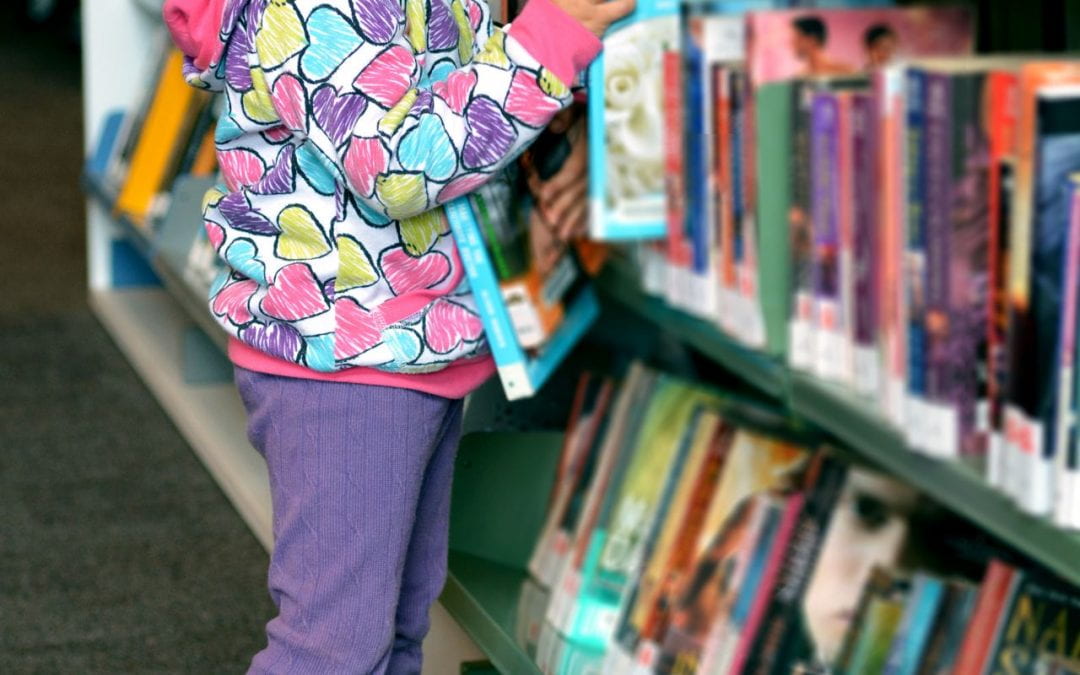Based at the University of Canterbury’s College of Education, Health, and Human Development, Dr Amanda Denston is a Senior Research Fellow for A Better Start E Tipu e Rea/Cure Kids/Teaching and Learning Research Initiative. Amanda shares some insights to the Literacy project she and her team have been working on at Te kura o Tuahiwi, Kaiopoi…
Q. What is your role?
A. I act as a liaison between all of the schools involved in A Better Start (Literacy Theme) and members of the research team. With the study at Tuahiwi, members of the research team, namely myself and Dr Rachel Martin along with the support of Professor Brigid McNeill, Professor Gail Gillon (Ngāi Tahu), and Professor Angus Macfarlane (iwi), developed a framework for a project that sought to understand how we could develop a culturally and linguistically responsive early literacy programme with a focus on phonological awareness (awareness of the sound structure of spoken words) and vocabulary development for bilingual and immersion Te Reo Māori learners within the existing framework of A Better Start.
Q. What is the focus of the project?
A. Engagement with the kura via hui and mihi whakatau began in April 2018 and engagement with whānau occurred at the beginning of May. Over the course of the year, two classrooms (one bilingual and one immersion) implemented a class-wide programme focused on facilitating the development of phonological awareness and vocabulary, using English and Te Reo Māori.
A specific focus was placed on the development of consonant and vowels within Te Reo Māori and use of Te Reo Māori target words.
Q. Why was this particular school, and student group selected?
A. Te kura o Tuahiwi is a small rural kura outside of Christchurch.
Kaimahi care deeply about their students and their learning and the kura demonstrates strong leadership. Kaiako were extremely keen to collaborate with us on this journey to contribute to the well-being and success of their tamariki. Tuahiwi are also manawhenua and have supported A Better Start projects within their rohe.
Q. What is the purpose of the trial?
A. Professor Gillon says: ‘Advancing the skills of tamariki in Te reo Māori and literacy learning are high priorities for Ngāi Tahu. Understanding evidenced based practices to effectively advance written language in both English and Te Reo Maori support this priority. There has been very little research to date that has explored how young speakers of Te Reo Maori develop phonological awareness and how they use this awareness to help them read and to spell. This is a new and critically important area of research being initiated in this trial.’
We welcomed the opportunity to collaboratively work together to develop a Te Reo Māori programme of learning that would facilitate language and literacy development in students within bilingual and immersion classrooms. The programme was underpinned by notions of cultural and linguistic responsiveness; an example is how we worked with kaiako from the school, in collaboration with project members, to source texts to promote the development of vocabulary (both Te Reo Māori and English) and phonological awareness while reflecting the contexts of the students.
Teachers reported student engagement with the texts related to nature was strong, as were texts that focused on relationships. The students were also able to effectively use their existing knowledge to extend their learning around multiple concepts, which were at times more complex than the vocabulary we had used in the English only version of the programme.
Q. What have outcomes been to date?
A. Initial data analyses found children made significant gains in phonological awareness in both Te Reo Māori and English. Following the class-wide programme, we have engaged to further support students with a smaller group programme of learning. This year we are engaging with the kaimahi to provide targeted support for students who have some speech and learning difficulties to help support these tamariki have successful start to their literacy learning.
Q. Did you achieve what you set out to prove?
A. Initial findings are very positive; we are excited to be able to extend this work and continue our collaboration with the kura.

